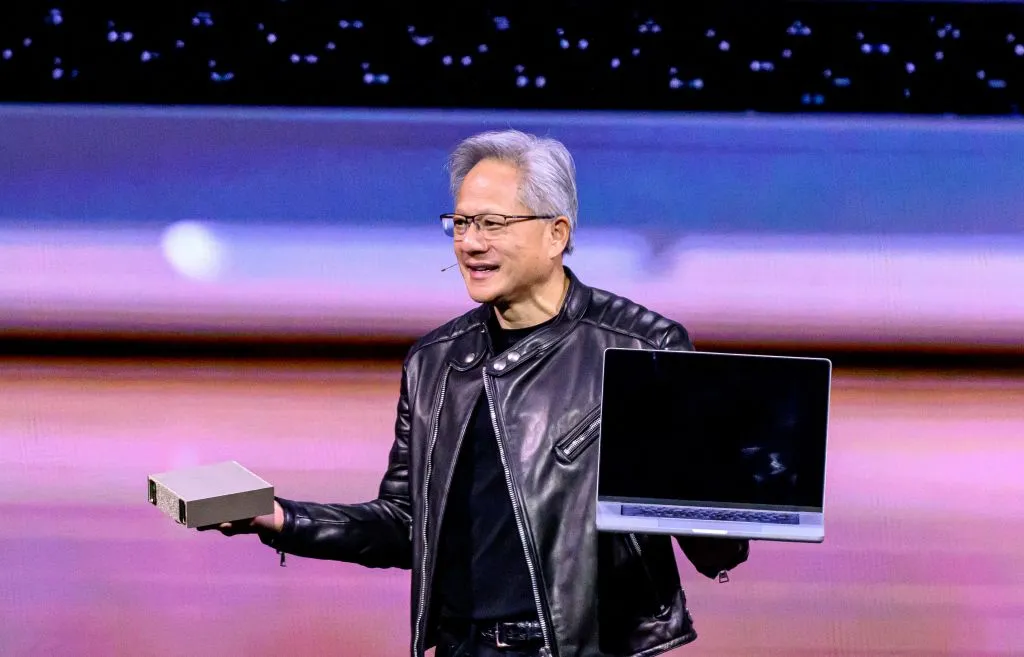Nvidia’s Mar-a-Lago Dinner Looks Like a Raw Deal for US AI
Nvidia Corp. Chief Executive Officer Jensen Huang’s recent dinner at Donald Trump’s Mar-a-Lago residence in Florida seems to have yielded significant results – but potentially at a cost to US and European interests. According to NPR, the White House has put on hold planned restrictions on Nvidia’s sale of H20 chips to China. This development raises serious questions about the US government’s efforts to prevent China from advancing its artificial intelligence capabilities.

The H20 chip, while not Nvidia’s most cutting-edge AI processor, is the most advanced model the company can legally export to China. Its strategic value is underscored by the fact that Chinese tech firms stockpiled $16 billion worth of these components in the first quarter of 2025, anticipating stricter export controls. This move by the White House appears to contradict efforts to maintain a technological edge over China in the field of artificial intelligence.
Dinner meetings at Mar-a-Lago are rarely just about the cuisine; they can significantly boost a company’s prospects and even alter historical trajectories. In this case, Huang’s meeting with Trump seems to have benefited Nvidia, allowing it to continue selling valuable AI technology to China. The implications of this decision are far-reaching, potentially putting the US and Europe at a disadvantage in the AI race.
The situation highlights the complex interplay between business interests, political influence, and national security concerns in the rapidly evolving field of artificial intelligence. As the global AI landscape continues to shift, such high-profile interactions between tech executives and political leaders will likely have lasting impacts on the industry’s future.


